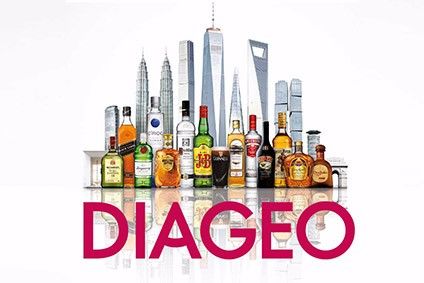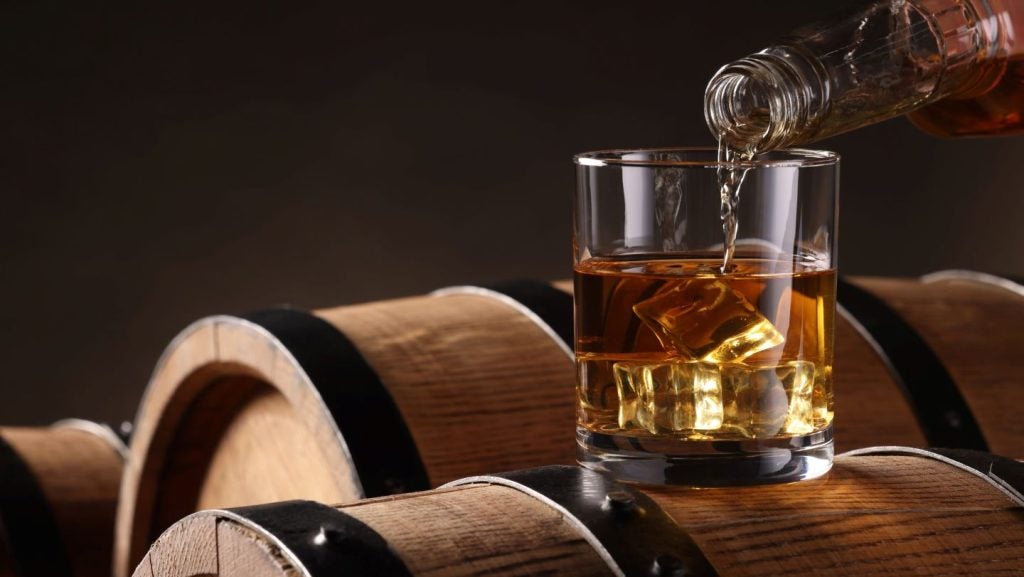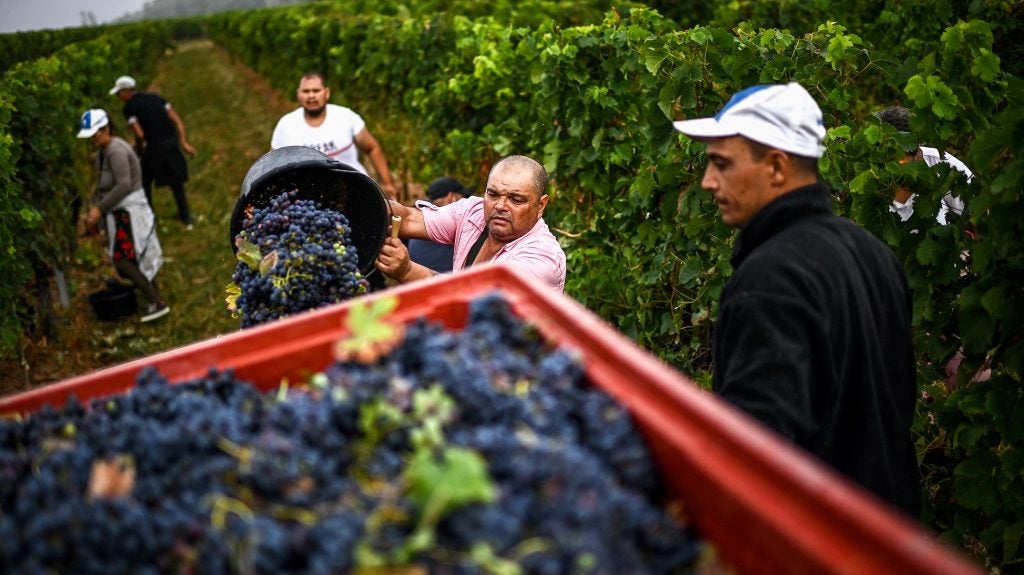
On Thursday (28 January), Diageo will report its half-year results. Here, just-drinks takes a look at how the group has fared in its second quarter, the three months to the end of December:
- The start of the quarter marked the start of the speculation: On 1 October, Diageo and Treasury Wine Estates refused to be drawn on reports that it was about to offload its wine business, which includes Blossom Hill, to Australia’s Treasury Wine Estates.
- In the same week, Diageo appointed Kathryn Mikells as its new CFO as present incumbent Deirdre Mahlan headed to North America.
- Next, the company sold off stakes in two beer businesses to Heineken for US$780.5m as it strengthened its grip on its Guinness brewery in Ghana.
- By mid-October, it was confirmed: Diageo had lined up the sale of the bulk of its wine operations – including the Blossom Hill and le Piat d’Or brands – to Treasury Wine Estates. At the start of November, the US anti-trust regulator had given Treasury the green light to acquire Diageo’s wine assets.
- Then, on 5 November, Diageo agreed to sell its Argentinian wine brands as it continues to offload wine assets and strip down operations.
- In mid-November, the company held its Capital Markets Day in New York. Mahlan, in her first outing as the new head of Diageo’s operations in North America, admitted that the company had failed to keep pace with spirits growth in its flagship US market, and has called for a change in its marketing approach in the country.
- In late-November, French wine company Bouvet Ladubay returned to family control following Diageo’s decision to withdraw from the category.
- At the start of December, Diageo completed the withdrawal from its South African and Namibian brewing joint-ventures with Heineken, recouping ZAR2.5bn (US$172m) in the process.
- A few days later, the company”s incubator fund project, Distill Ventures, lined up a GBP10m (US$15.1m) spend on a whisky distillery in Denmark. A couple of weeks later, the same fund invested in Melbourne-based Starward whisky.








